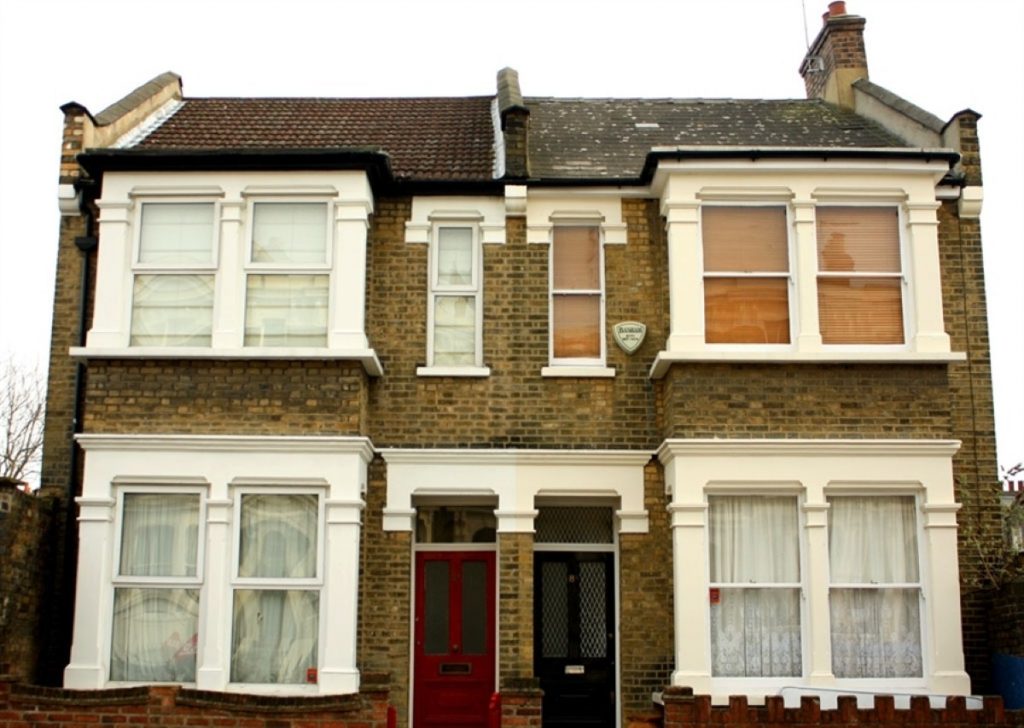Benefits helping squeezed middle through downturn
Cash benefits have helped reduce the impact of the downturn on Britain's middle income families, figures show.
The Office for National Statistics (ONS) said disposable income for the middle fifth of non-retired households had fallen by 3.8% between 2007/08 and 2010/11.
Declining income, slipping from £31,100 a year to £29,900, would have been much worse had it not been for the helping hand provided by ministers, however.
Income before tax and cash benefits had fallen by 8.8% because of falls in wages and salaries. But, the ONS said, "the effect of falling earnings was partly offset by an increase in the average amount these households received in cash benefits and a fall in the proportion of gross income paid in direct taxes".
Middle-class families are set to benefit from moves to ease the cost of childcare when George Osborne delivers his fourth Budget as chancellor on Wednesday.
The TUC's general secretary Frances O'Grady said Osborne needed to cut VAT in order to save households hundreds of pounds a year.
"These figures show the real cost of the UK's living standards crisis for middle Britain, with households thousands of pounds poorer today than five years ago," she said.
"But rather than helping families, the government's real-terms cut in welfare support next month will make them ever poorer."
The Budget is turning into a political spat within the coalition as business secretary Vince Cable piles on pressure on the chancellor to boost borrowing on capital spending.
"We've got maintain this balance between dealing with the budget deficit – it's a continuing problem – but at the same time giving the maximum possible stimulus to economic growth and recovery," he told BBC Radio Cambridge.
Treasury calculations about how much Osborne can give away will be constrained by poor tax receipts and the underwhelming 4G spectrum sale, leaving the Ernst and Young Item Club predicting public sector borrowing will be ten per cent higher than was predicted in December 5th's autumn statement.
The chancellor told BBC1's The Andrew Marr Show yesterday: "I agree that we need to spend more on capital which is why I had taken the decision in December to increase the decision on capital.
"In the end the country's got to pay its way. We can't just keep on thinking the answer to our problem is more borrowing. You can't get out of a debt crisis by borrowing more and more."





-01.png)